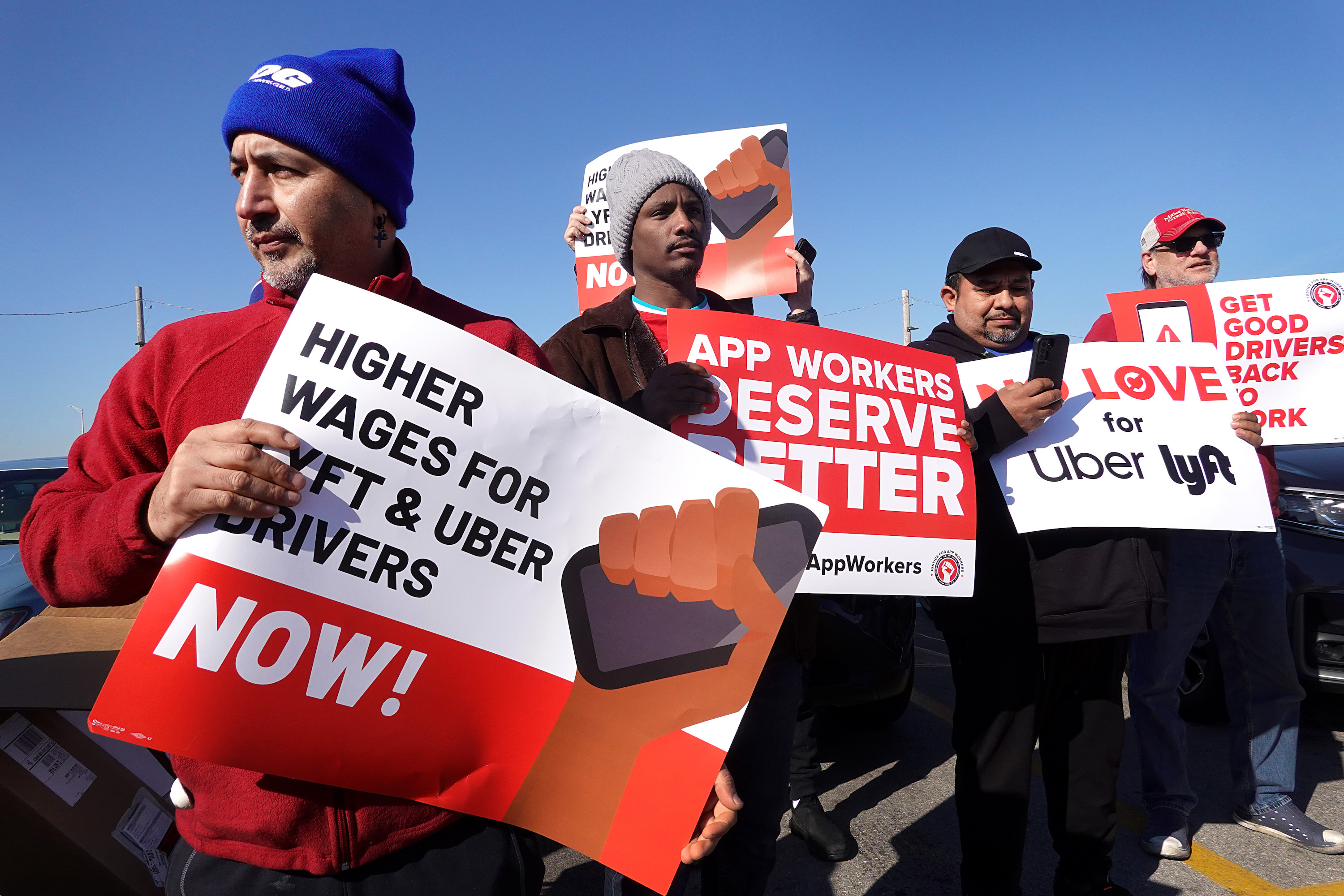The U.S. Labor Department recently finalized a rule that reinforces the Fair Labor Standards Act (FLSA), a federal law that establishes a federal minimum wage, a right to an overtime wage, and child labor protections for workers. This rule, which just went into effect, aims to ensure that only true independent contractors—individuals who run their own businesses—are excluded from the FLSA’s minimum wage and overtime protections. This is a significant win for workers, as it prevents corporations in the “gig economy” and other sectors from undercutting workers’ rights.
However, powerful corporations are determined to undermine this new rule in order to degrade working standards. Misclassification of employees as independent contractors is a common tactic used by employers to avoid complying with employment laws, such as minimum wage and state paid leave laws, and to shirk their obligations to provide benefits like workers’ compensation and unemployment insurance. This practice drives down labor costs while funneling more wealth to investors and CEOs.
Misclassification is often racialized and prevalent in low-paid, labor-intensive occupations where Black and immigrant workers are overrepresented. Industries such as trucking, home care, construction, and janitorial work have historically been affected by misclassification, as well as newer sectors like app-based corporations such as Uber, Lyft, and DoorDash. These companies use technology to hire, assign, pay, and surveil workers while disclaiming responsibility to comply with employment rights and protections.
The Labor Department’s new rule aims to prevent these abuses by implementing a six-factor test to determine whether a worker is an employee or an independent contractor under the FLSA. The factors are designed to assess whether a worker is in business for themselves or dependent on finding work in the business of others. If a worker is dependent on finding work in others’ businesses, they are considered employees under the FLSA and entitled to federal minimum wage and overtime protections.
While some argue that gig work offers flexibility, in reality, many workers in the gig economy are pressured to work when and for as long as the app corporations desire, often making less than the minimum wage. Flexibility without economic security is meaningless, as workers are one accident or illness away from financial ruin. Misclassification not only harms workers but also creates unfair competition for small businesses that follow regulations properly.
Addressing the issue of worker misclassification is crucial to achieving equality in the workplace and building a Good Jobs Economy. The DOL rule ensures that companies do not take advantage of their workers and misclassify them to avoid providing basic protections and fair compensation. It is a step forward in ensuring all workers have access to minimum wage and overtime protections, and a victory for working people that will help address growing inequities.



















